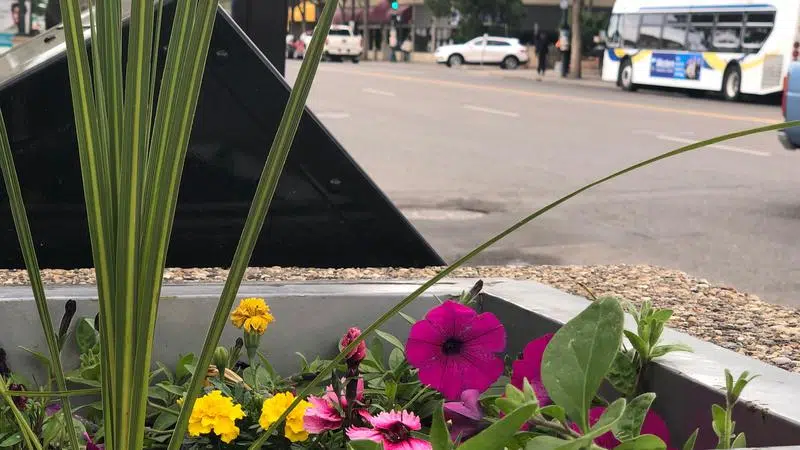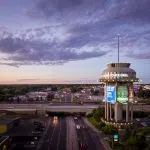
Public opinion survey shows fewer residents venturing into downtown Lethbridge – but overall LPS satisfaction
LETHBRIDGE, AB – A recently released study done by students at Lethbridge College’s Citizen Society Research Lab (CSRL), headed by Dr. Faron Ellis shows overall satisfaction with the job Lethbridge Police are doing, but also a marked decrease in the overall feeling of safety in the city’s downtown area.
The data, which is commissioned yearly by LPS, was collected between February 9-13, 2019, and surveyed 882 randomly selected adults by telephone. It’s considered accurate within 3.3 percentage points, 19 times out of 20.
The study is divided into three main categories: Perceptions of Lethbridge Police Service, Community Safety and 911 dispatch.
Community Safety


